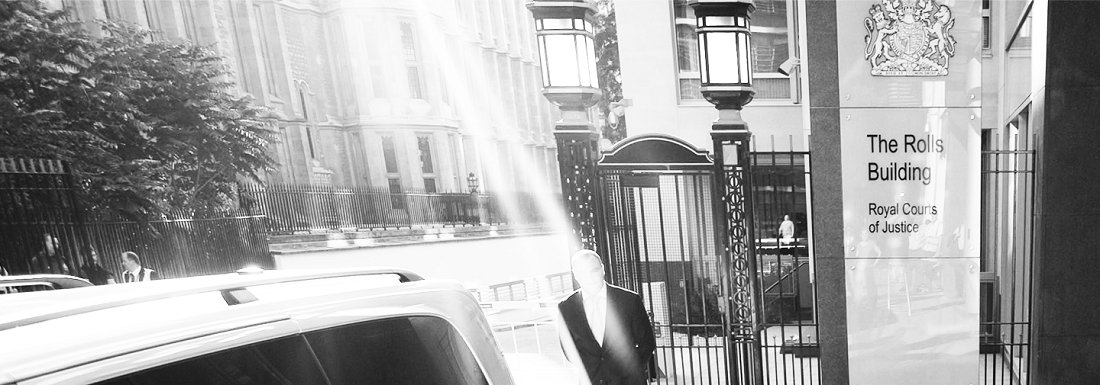Portland’s annual Who Uses the Commercial Court? study analyses the nationalities of the parties involved in cases at the Commercial Court of England and Wales.
Our research, now in its third year and updated with 2014/15 data, examines 1,020 judgments between March 2008 and the beginning of April 2015 – including statistics from 174 new cases over the past year.
The 2014/15 research found a 74 per cent spike in the number of UK litigants using the Commercial Court in the 12 months to the end of March 2015, reversing the trend of steady decline in the previous seven years. Foreign litigants continue to see London as the international disputes resolution centre of choice and made up 63 per cent of all use of the court.
- Despite an increase in the number of UK litigants, foreign nationals accounted for 63 per cent of the total number of litigants using the courts from 1 April 2014 to 31 March 2015.
- Of these, Eurasia (Armenia, Georgia, Kazakhstan and Russia) and the Middle East and North Africa had the highest regional representation outside Europe with a total of 44 and 42 litigants respectively.
- Clyde and Co (22) and Stephenson Harwood (15) had the most cases, featuring in 21.5 per cent of all cases.
- Graham Dunning QC of Essex Court Chambers featured in the highest number of cases (six), closely followed by Andrew Fulton of 20 Essex Street (five) and Robert Bright QC of 7KBW (five).
Our announcement is the latest instalment in the study, which also measures the most frequently featured law firms and barristers.
The research is regularly used in articles that discuss use of the UK Commercial Court, including recent Financial Times and Bloomberg analysis.






